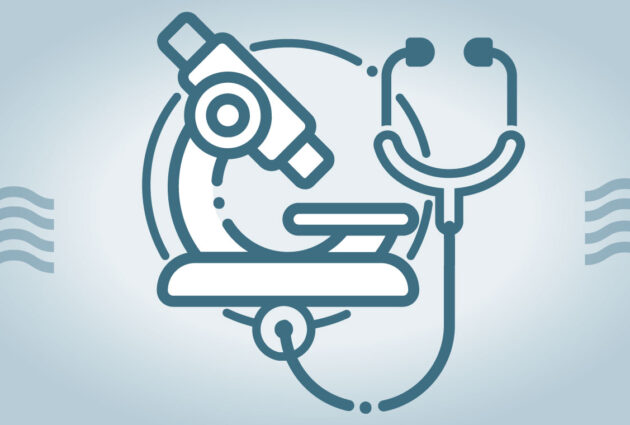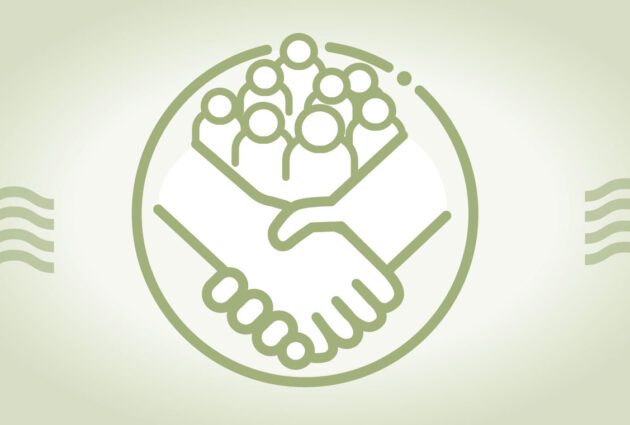Equitable Access: Technology-Assisted Professional Development for Spanish-Speaking Early Educators Promoting Social-Emotional Development in Children 0-5
Child Care was a vulnerable system prior to the pandemic. I was lucky I was connected to IMH, Reflective Supervision, and Endorsement®. You gave me strength, a support system, and recognized my value for caring for and educating our most vulnerable citizens, our infants, and very young children.
– Early Care Education director, WI-AIMH member
At a Glance
According to neuroscience, the first three years of life are a critical window of opportunity and time of increased vulnerability. Supporting a child’s social and emotional development while also being nurtured within culturally responsive relationships in which they can form secure attachments lays a solid foundation for lifelong health and well-being. The goal of this project was to create equitable access for Spanish-speaking early childhood educators to professional development opportunities related to social emotional development and infant mental health.
Tools, resources and training were translated into Spanish and reflected the cultural awareness of the needs of Latin/x early educators. The grantees were able to make significant progress in strengthening equitable pathways to professional development and the IMH-E® (Infant Mental Health Endorsement) credential in Spanish. As a result of this project, Latin/x educators well-trained in this area were able to foster positive health outcomes for infants and children in their care.
The Challenge
Children in childcare may spend up to 50 hours a week in classroom settings and rely on care providers to deliver safe, stable, nurturing and responsive relationships. Early expulsion disproportionately impacts Wisconsin’s African American, Hispanic and Latino children. It is crucial to equip Early Childhood professionals with the knowledge, skills and support for cultivating social and emotional development in young children by utilizing relationship-based and culturally attuned practices. In Wisconsin, the Latin/o population has grown rapidly, nearly doubling in size between 2000 and 2015. With the median age of Latinos being more than 16 years younger than the non-Hispanic population and birth rates being higher among this population, it is critical to provide adequate supports early on in life for this growing community in Wisconsin.
Project Goals
The goal of this project was to create equitable access for Spanish-speaking early childhood educators to professional development opportunities related to social emotional development and infant mental health. These opportunities were designed to enhance and support professionals’ understanding and promotion of social and emotional development for children birth to five years of age in the professional’s preferred language and with access to the support of a bilingual technical assistant.
Results
The grantees were able to make significant progress in strengthening equitable pathways to professional development and the IMH-E® (Infant Mental Health Endorsement) credential in Spanish, including a full translation of the 24-hour Pyramid Model of Social and Emotional Development for Infants and Toddlers training for early educators into Spanish and converted the training into an online format which was made available to an initial cohort of 24 early educators. They finalized translation of informative materials outlining the value and path for obtaining IMH-E® as an Infant Family Associate and have secured additional IMH-E® coordination support from a bilingual coordinator to pilot a conjoint training and technical assistance approach to working with bilingual applicants. They have worked with The Registry – Wisconsin’s professional development and management system for early care and education field – to generate a toolkit of resources to help support graduates.
The grant team was also invited to present to Wisconsin Legislative Children’s Caucus in April 2019. This gave them an opportunity to expand policymaker and community awareness of Infant Mental Health, Social and Emotional Development and the importance of investing in early childhood education and IMH consultation.
Looking to the Future
Through the support of this grant, WI-AIMH has been able to make great strides towards establishing an infrastructure that creates pathways for linguistically diverse professional education and credentialing in Spanish. The grant team is well positioned to provide ongoing support to Spanish speaking Early Care Education professionals with their addition of resources in Spanish, bilingual coordination support and the establishment of stakeholder relationships.
Lasting Impact
Early care and education settings that have staff who are well educated and equipped to support children’s social and emotional development reduces preschool expulsion rates. This work supports infants, toddlers and their families by supporting the important adults who provide their care. By equipping the Spanish speaking Early Care and Education professionals already working in Wisconsin with the knowledge and skills that will support best outcomes.
Learn more about the Wisconsin Pyramid Model

